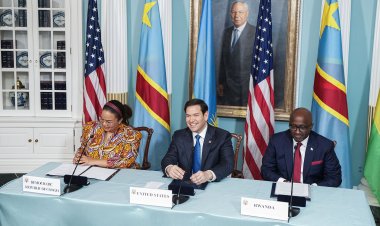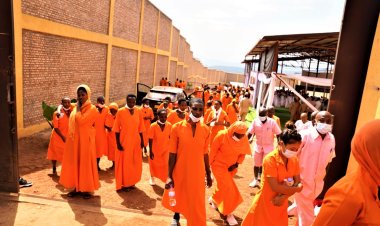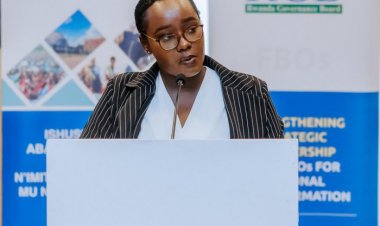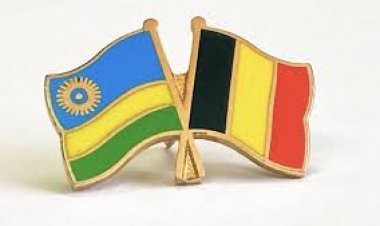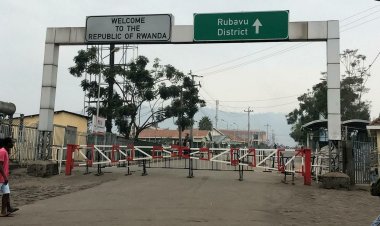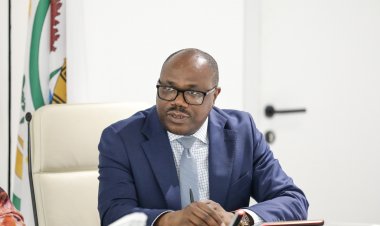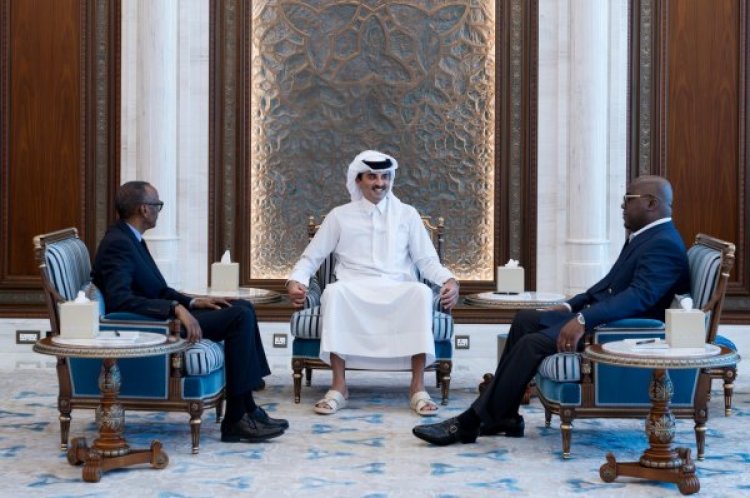
As tensions between the Democratic Republic of the Congo (DRC) and Rwanda escalate, Qatar has emerged as a crucial mediator in one of Africa’s most complex conflicts. On March 18, 2025, Qatar’s Emir, Sheikh Tamim bin Hamad Al Thani, is hosting high-level peace talks in Doha between DRC President Félix Tshisekedi and Rwandan President Paul Kagame. The goal is to de-escalate the crisis surrounding the M23 rebel group, whose resurgence has fueled violence in eastern DRC, displacing thousands and drawing international concern.
Qatar’s involvement signals a new chapter in African diplomacy, leveraging its experience in mediating global conflicts to bring stability to the Great Lakes region. The question remains: can Doha succeed where other regional and international efforts have struggled?
Background: The Root Causes of the DRC-Rwanda Conflict
The crisis between DRC and Rwanda is deeply rooted in historical tensions, ethnic divisions, and regional power struggles.
1. The M23 Rebel Group: The March 23 Movement (M23), a predominantly Tutsi-led armed group, has been accused of destabilizing eastern DRC. Kinshasa claims that Rwanda actively supports M23, a charge Kigali has repeatedly denied.
2. Ethnic and Political Rivalries: The conflict dates back to the Genocide Against Tutsi 1994 which led to mass refugee movements and armed militias operating within DRC. Rwanda sees instability in eastern DRC as a security threat, while DRC accuses Rwanda of exploiting its resources.
3. Failed Ceasefires and Peace Efforts: Previous peace agreements, including those mediated by regional bodies like the East African Community (EAC) and African Union (AU), have collapsed due to mutual distrust and ongoing military confrontations.
With international pressure mounting, Qatar’s intervention offers a neutral platform for negotiations, free from the historical biases of regional players.
Why Qatar? A Rising Power in Global Mediation
While traditionally seen as a Gulf nation focused on Middle Eastern affairs, Qatar has expanded its diplomatic reach, particularly in Africa. Its neutral stance, financial leverage, and strong international alliances make it an attractive mediator.
Qatar’s Mediation Track Record
Sudan (Darfur Peace Agreement, 2011): Qatar played a key role in brokering peace between the Sudanese government and rebel factions.
Eritrea-Djibouti Conflict: Qatar mediated a border dispute between the two nations, successfully reducing tensions.
Israel-Hamas Ceasefires (2023 & Beyond): Doha has frequently stepped in to negotiate truces and humanitarian aid in the Israel-Palestine conflict.
Russia-Ukraine (Post-2022): Qatar mediated humanitarian agreements, including the return of Ukrainian children taken to Russia.
In each case, Qatar’s financial resources, diplomatic access, and reputation for neutrality have allowed it to broker critical agreements.
Challenges to Peace: What’s at Stake?
Mediating the DRC-Rwanda crisis presents unique challenges that could test Qatar’s diplomatic capabilities:
1. Deep Mistrust Between DRC and Rwanda – Both sides view each other with suspicion, making a long-term peace agreement difficult.
2. Regional and Global Interests – Countries like Uganda, Burundi, and international actors like the U.S., France, and China have vested interests in the conflict.
3. Militarized Tensions – Despite diplomatic talks, military confrontations continue in eastern DRC, complicating peace efforts.
4. Humanitarian Crisis – Over 6.9 million people are displaced in eastern DRC, making a ceasefire and humanitarian aid a priority.
For Qatar to succeed, it must balance diplomacy with concrete solutions, ensuring that both sides feel their concerns are addressed.
Potential Outcomes: Will Qatar Deliver a Breakthrough?
As the Doha peace talks unfold, analysts see three possible outcomes:
1. A Roadmap for Ceasefire and Dialogue: The best-case scenario is a temporary ceasefire, coupled with confidence-building measures such as prisoner exchanges and a joint verification mechanism for security claims.
2. Limited Progress but Ongoing Engagement: Qatar may facilitate initial agreements but struggle to implement long-term solutions without support from regional bodies like the AU and EAC.
3. Talks Collapse, Conflict Continues: If mistrust remains too high, Qatar’s efforts could fail, leading to escalated military confrontations in eastern DRC.
Qatar’s Expanding Role in Africa
The DRC-Rwanda crisis mediation marks Qatar’s growing influence in African diplomacy, positioning Doha as a key peace broker beyond the Middle East. If successful, this intervention could set a precedent for future diplomatic engagements in the region, strengthening Qatar’s global credibility as a conflict-resolution powerhouse.
With the world watching, Doha’s ability to turn dialogue into action will determine whether it can reshape the future of one of Africa’s most volatile conflicts.
 English
English  Kinyarwanda
Kinyarwanda 



 Mathieu KARUMUGABO
Mathieu KARUMUGABO 